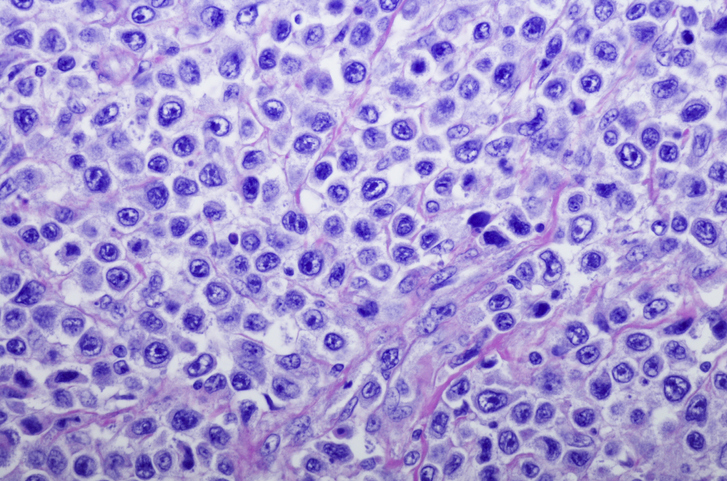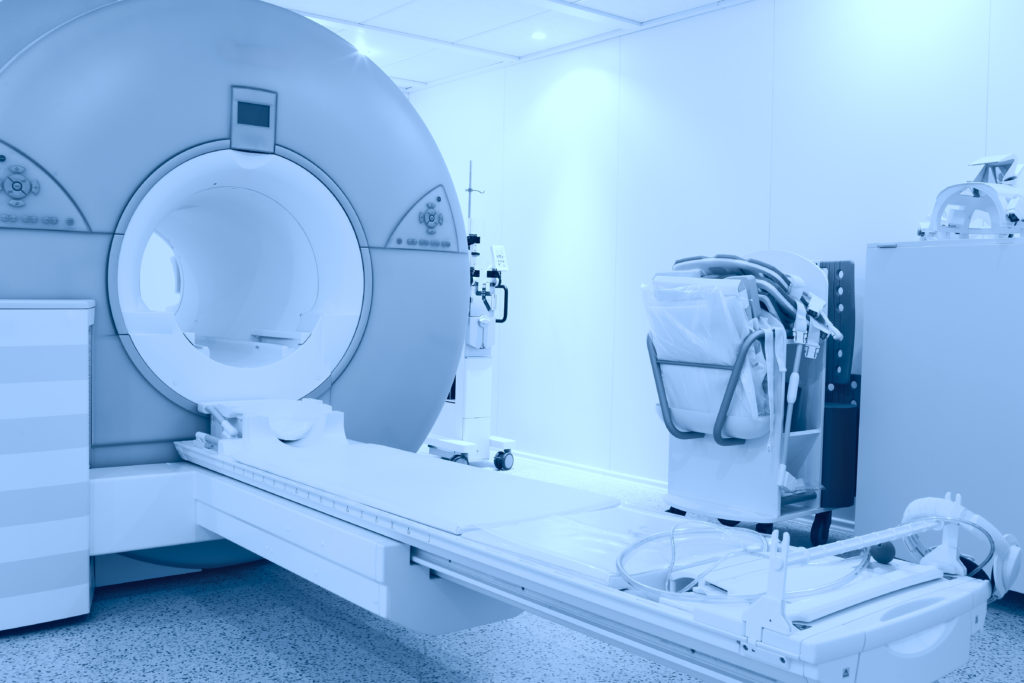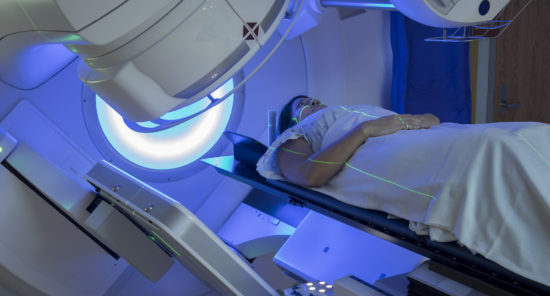According to a new study, physicians failed to recognize side effects from radiation therapy in more than half of patients with breast cancer who reported significant symptoms.
These findings were presented at the 2020 San Antonio Breast Cancer Symposium (abstract GS3-07).
Researchers from the University of Michigan compared patient-reported outcome evaluations with physician Common Terminology Criteria for Adverse Events (CTCAE) assessments for 9,868 patients with breast cancer who received radiotherapy following lumpectomy at 29 practices across the state of Michigan. Four symptom ratings were independently collected and compared: breast pain, pruritus (itchy skin), edema (swelling), and fatigue.
CTCAE grades range from 0 to 5, with 0 meaning absence of symptoms and 5 referring to symptom-related death. Patient-reported symptoms were considered substantial for moderate or severe pain, frequent or constant itching or swelling, or significant fatigue most of the time or always. Under-recognition of symptoms was defined as physician recording a CTCAE grade 0 or less than or equal to 1 for moderate or worse symptoms.
Physician under-recognition of pain, itchy skin, swelling, and fatigue occurred in 30.9%, 36.7%, 51.4%, and 18.8% of patients reporting these adverse events, respectively. Among 5,510 patients who recorded one or more substantial symptoms during radiation therapy, 53.2% experienced under-recognition of at least one symptom.
The researchers performed a multivariable logistic analysis to evaluate predictors of under-recognition and found that age, race, and treatment regimen were associated with this occurrence. Patients under 50 years old and patients between 50-59 years old had a 35% and 21% higher chance of symptom under-recognition, respectively, when compared with patients over the age of 60. Compared with white patients, Black patients had a 92% higher odds of symptom under-recognition, and patients of races other than Black or Asian were found to have an increased odds of 82%.
“It is possible that there is a misconception among medical professionals about the pain tolerance of patients based on age and race,” said author Reshma Jagsi, MD, DPhil, Deputy Chair of Radiation Oncology at Michigan Medicine, in a press release. “Our study identifies some concerning patterns that need to be evaluated in future research, along with opportunities for intervention to improve the quality and equity of cancer care delivery.”
Credit: Original article published here.









